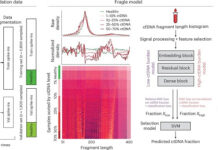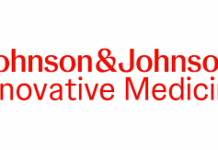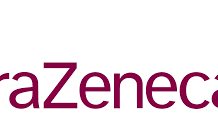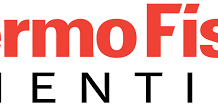Thermo Fisher Scientific has initiated the sale of a portion of its diagnostics business, aiming to offload assets valued at over $4 billion. This move aligns with a broader trend in the life sciences sector, where companies are streamlining operations by shedding slower-growing divisions. According to sources familiar with the matter, Thermo Fisher is actively approaching private equity firms to gauge interest in the sale. The assets on offer include its microbiology unit, known for producing infectious disease testing equipment.
Key Business Segment on the Block
As reported by the Financial Times, the diagnostics units under consideration generate approximately $300 million in adjusted annual earnings and $1.4 billion in sales, making up nearly a third of Thermo Fisher’s specialty diagnostics division. While the company is testing the market, insiders noted that there’s no certainty the sale will materialize, and Thermo Fisher could retain the assets if bids do not meet expectations.
Market Volatility Weighs on Sector
This potential divestment comes at a time of instability for Thermo Fisher and the broader healthcare industry. Shares in Thermo Fisher have dropped 20% this year, reducing its market value to $157 billion as of Thursday. Investors remain concerned about the potential impact of President Donald Trump’s proposed cuts to the National Institutes of Health (NIH) on company sales. Competitors such as Danaher and Becton Dickinson have also seen declines of 11% and 23%, respectively, during the same period.
Following a Sector-Wide Shift
Thermo Fisher’s decision mirrors recent strategic moves by competitors. Earlier this year, Becton Dickinson announced plans to spin off its life sciences segment, including diagnostics, and reportedly held talks with private equity groups for a potential sale or public listing. These parallel strategies indicate a growing preference among life sciences companies to refocus on higher-growth, core segments.
Recent Deal History and Strategic Moves
This is Thermo Fisher’s first major divestment in six years. The last significant asset sale occurred when it sold its anatomical pathology business to PHC Holdings Corporation for $1.1 billion. Meanwhile, the company has remained active on the acquisition front. Earlier this year, it acquired Solventum’s purification and filtration business for $4.1 billion, signaling continued investment in targeted growth areas.
Leadership Remains Optimistic Despite Challenges
Despite investor concerns, CEO Marc Casper has downplayed the impact of NIH budget reductions, expressing optimism that Congress may mitigate the cuts. “That should be a point of confidence,” Casper stated at a recent investor conference.
Commitment to US Manufacturing Expansion
In addition, Thermo Fisher has responded to the Trump administration’s call to enhance domestic production. The company has pledged to invest an additional $2 billion over the next four years to expand its U.S. manufacturing footprint, aligning its strategy with evolving national policy priorities.
























